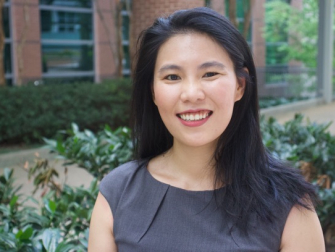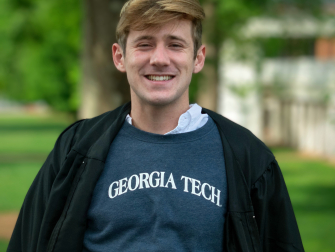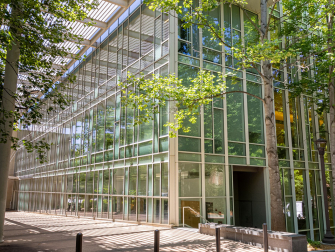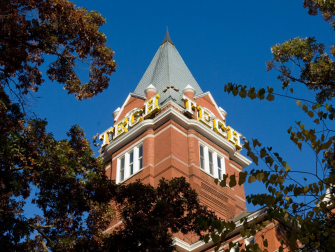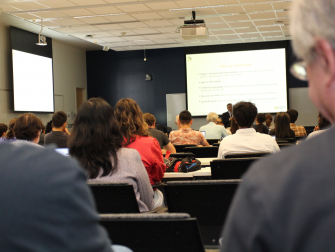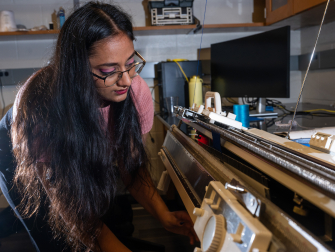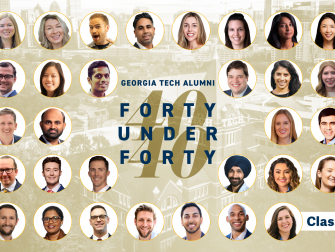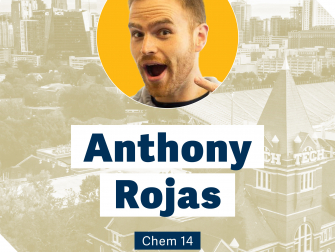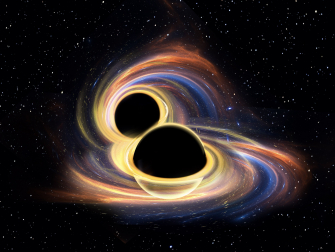A recently awarded $20 million NSF Nexus Supercomputer grant to Georgia Tech and partner institutes promises to bring incredible computing power to the CODA building. But what makes this supercomputer different and how will it impact research in labs on campus, across disciplinary units, and across institutions?
Katie Kuo is using her expertise in chemistry and computational biophysics to transform the future of drug discovery and therapeutic development.
J. Cole Faggert, a Ph.D. student in the School of Physics, will use multi-wavelength imaging to study supermassive black holes and the physics of their plasma flows.
Four initiatives and two programs have received support from the Institute for Matter and Systems to advance interdisciplinary research with real-world impact.
Congratulations to the 2025 College of Sciences Distinguished Alumni Award winners.
The new center will promote research and collaboration focused on using state-of-the-art artificial intelligence and machine learning techniques to address complex scientific challenges.
Researchers in the School of Physics unravel the secrets of the centuries-old practice of knitting in a new study that explores the physics of ‘jamming’ — a phenomenon when soft or stretchy materials become rigid under low stress but soften under higher tension.
The interdisciplinary program provides an in-depth look at how science is communicated to the public, how policy shapes research, and how science communication affects society.
Four exceptional alumni from Georgia Tech’s College of Sciences have been named to the Georgia Tech Alumni Association’s 2025 class of 40 Under 40, recognized for their contributions in science, medicine, entrepreneurship, and education.
Before merging, both black holes were spinning exceptionally fast, and their masses fell into a range that should be very rare — or impossible. The result of the merge, GW231123, is the largest binary black hole merger ever detected with gravitational waves.
Snigdaa Sethuram (Ph.D. PHYS 2025) recently joined the Argonne Leadership Computing Facility as a Margaret Butler Fellow in Computational Science.
By uniting experts across disciplines, Georgia Tech is positioning itself at the forefront of neuroscience and space research.
- ‹ previous
- 2 of 24
- next ›


